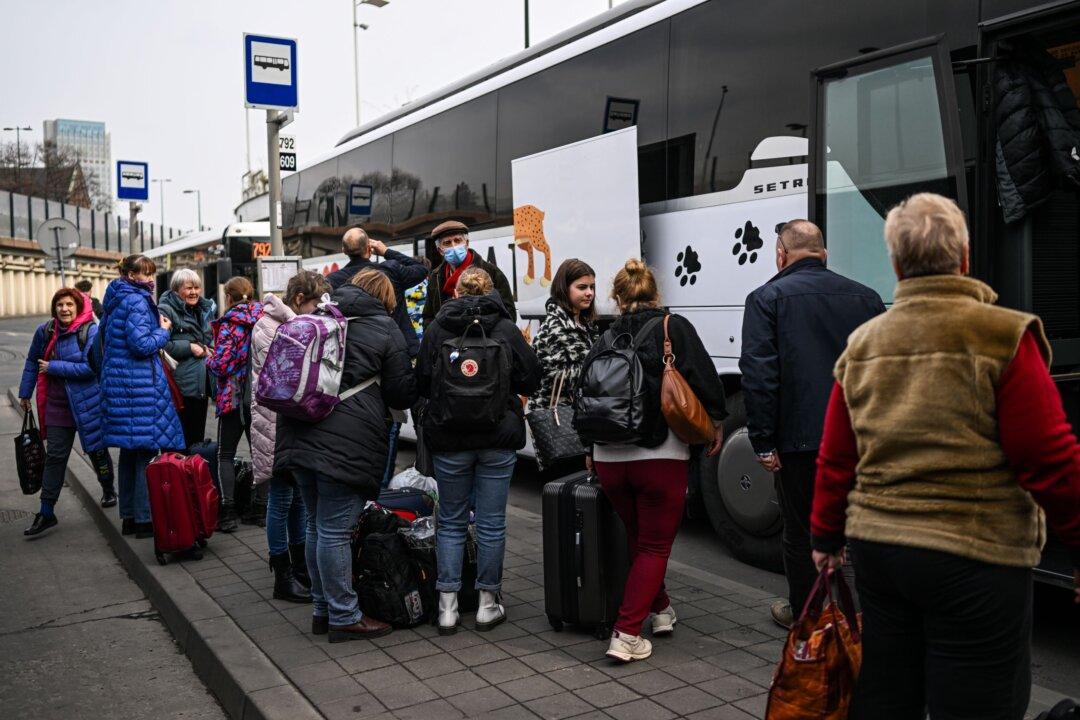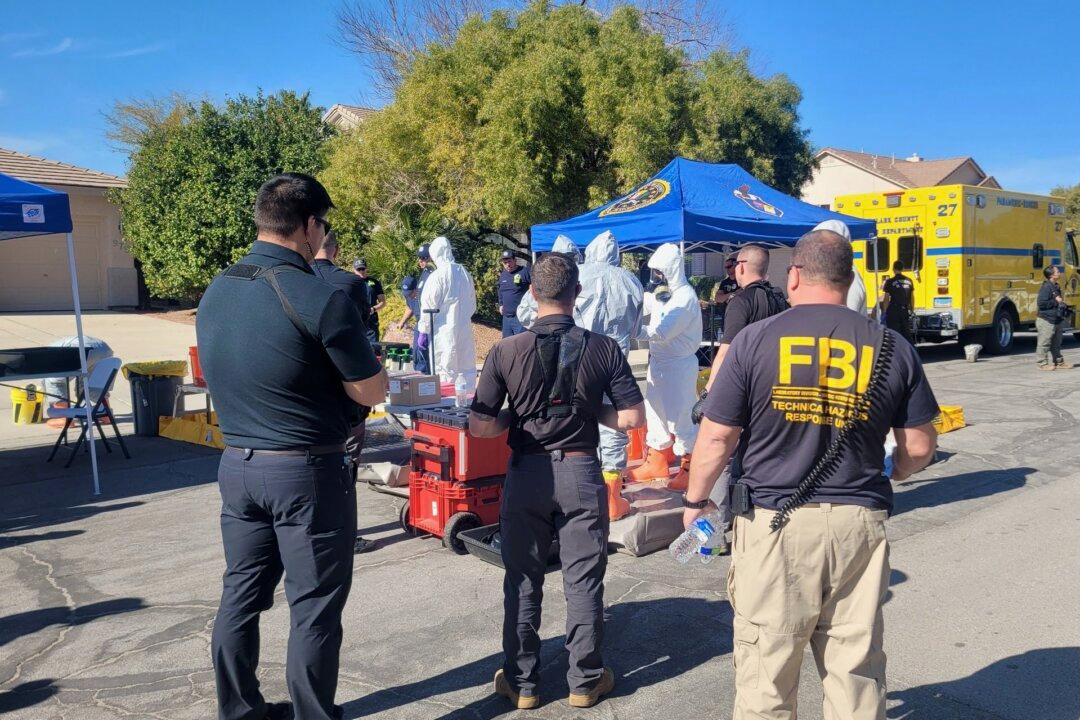The latest on the Russia–Ukraine crisis, March 31. Click here for updates from March 30.
Russian Forces Block Buses Leaving Mariupol: Ukraine Government
The Ukrainian government said Russian forces blocked 45 buses that had been sent to evacuate civilians from the besieged port city of Mariupol, and only 631 people were able to get out of the city in private cars.Twelve Ukrainian trucks were able to deliver humanitarian supplies to Mariupol, but the supplies were seized by Russian troops, Deputy Prime Minister Iryna Vereshchuk said late Thursday.





